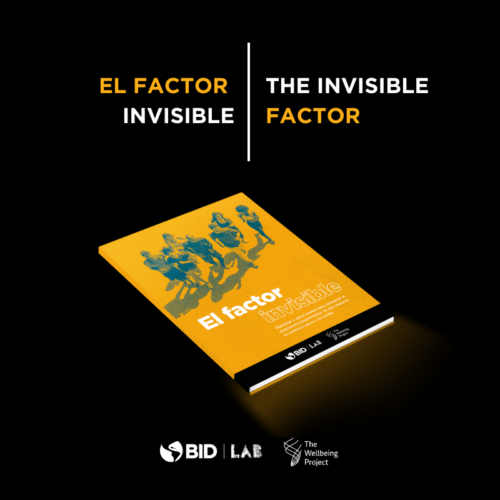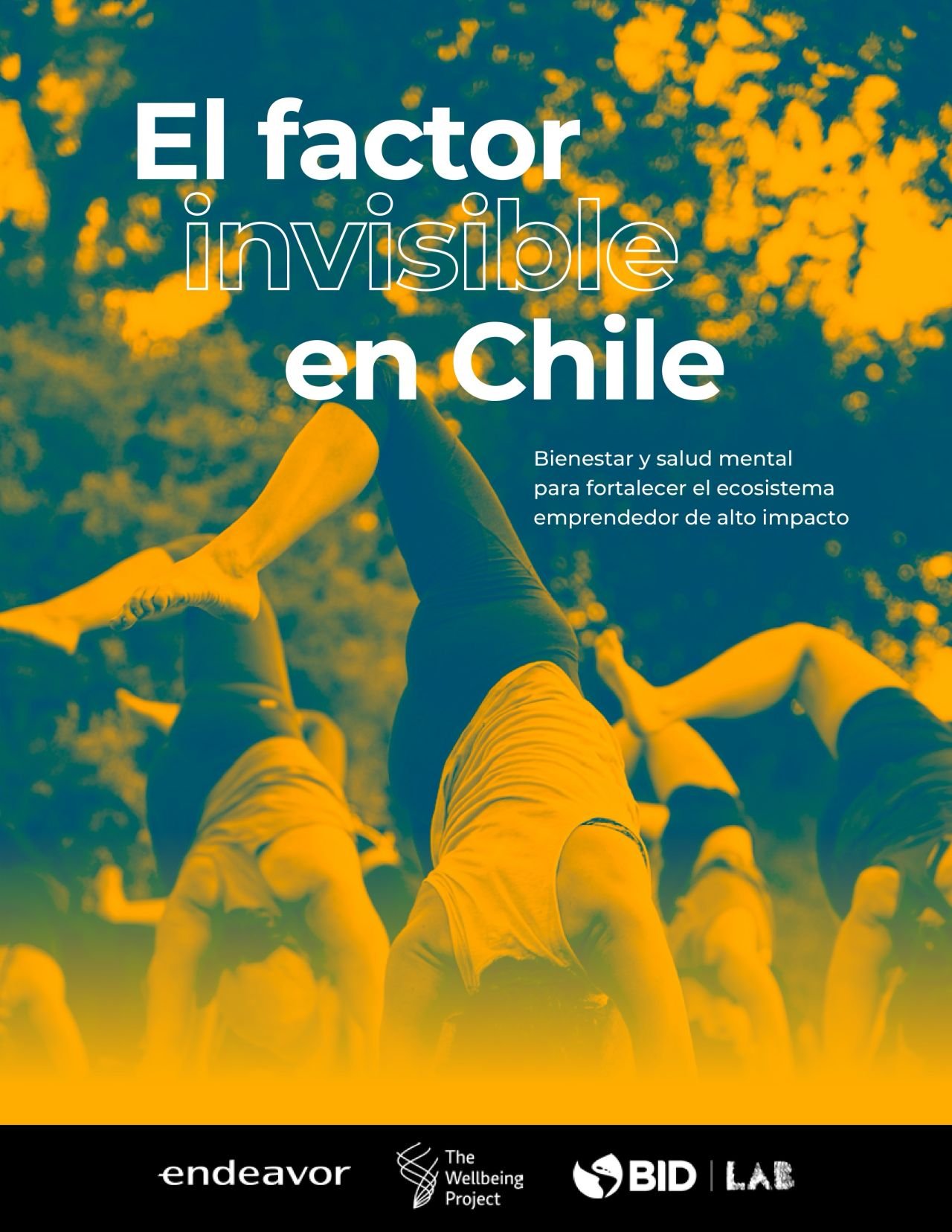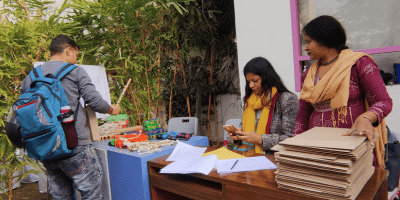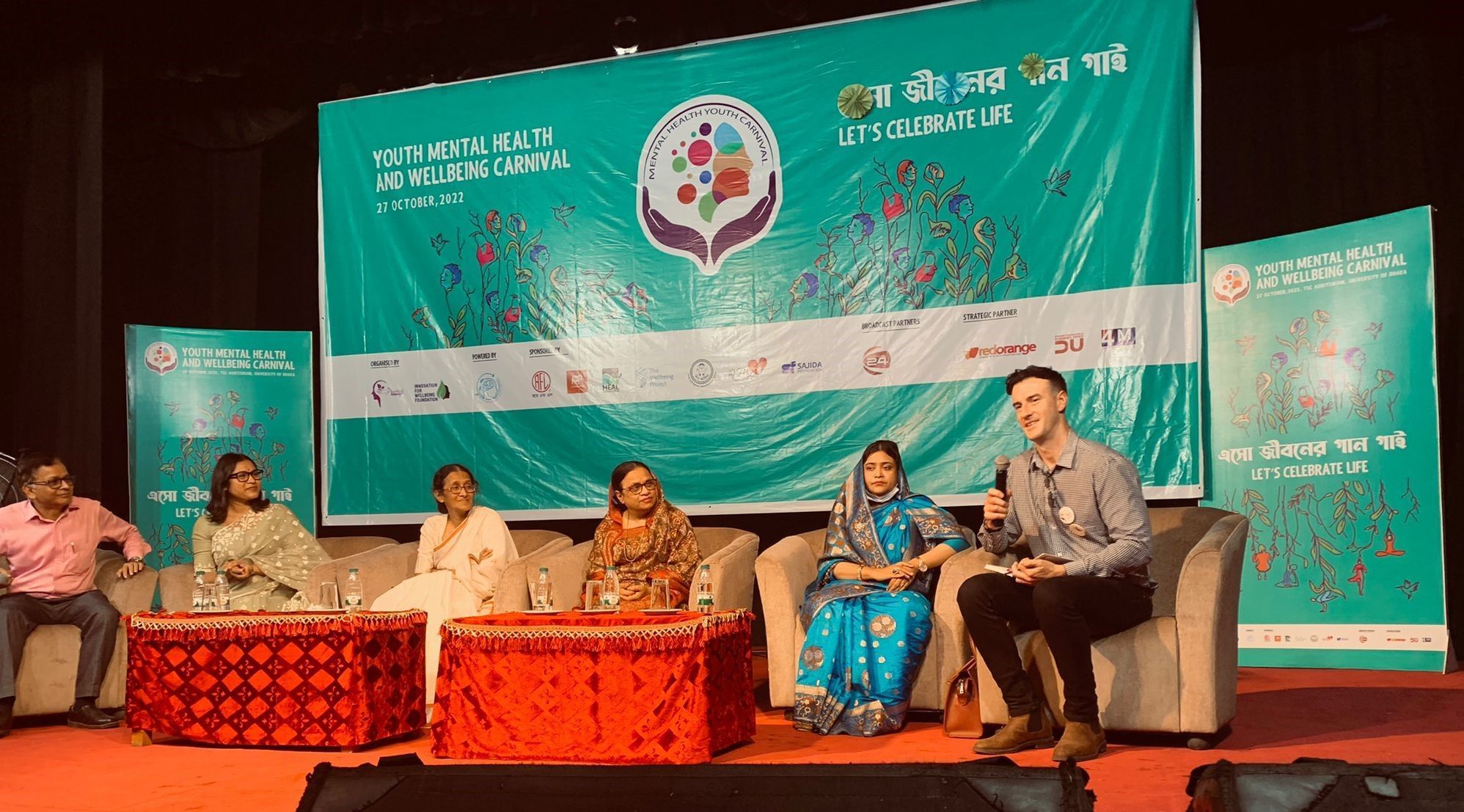Learning From the Climate Mental Health Convergence Learning From the Climate Mental Health Convergence
Webinar Held By Catalyst 2030
August 2023
This webinar focused on the Stanford Social Innovation Review article of the same name. Read here.
The webinar was moderated by Matt Hughsam, speaking to Kelly Davis and Lian Zeitz as they expanded on the ideas within the article they co-authored with John Jamir Benzon R. Aruta.
Speakers Speakers

KELLY DAVIS
Kelly Davis is the AVP of Peer and Youth Advocacy at Mental Health America, where she leads efforts to expand peer support and young adult leadership. Kelly is a person with lived experience and is passionate about lived experience-driven and led programs, policies, and research. Examples of her current projects include partnering with college students to advance mental health rights in higher education and collaborating with youth to create priorities for school mental health policy.

LIAN ZEITZ
Lian Zeitz is the Co-Founder at the Climate Mental Health Network and was previously the Global Director of Love and Compassion for citiesRISE, a global platform committed to transforming the state of mental health policy and practice in cities and beyond to meet the mental health needs of populations across the world. He has conducted national and global research on youth mental health, family therapy models, trauma, and community mental health interventions. He has published work in leading journals, such as Contemporary Family Therapy, Cities & Health, Environment international, and Journal of Adolescent Health. Lian recently completed a Master of Divinity at Naropa University, studying contemplative wisdom, bioethics, youth mental health, and community healing. Lian earned a BASc from Quest University Canada, where he focused on public mental health and literature, and a certificate for Leadership in Mental Health from the London School of Hygiene and Tropical Medicine.

MATT HUGHSAM
Matt Hughsam is a facilitator, researcher, and coach committed to pursuing well-being and justice for people, our communities, and our planet. He is passionate about bringing together grassroots-led and systems-led efforts toward transformative change. At citiesRISE, Matt builds research, innovation, and movement building initiatives supporting youth-driven mental health transformation, primarily in India, Kenya, the U.S., and Colombia. He previously worked on programs ranging from community-based interventions to supporting evidence-informed decision-making in national governments. Matt loves speculative fiction and outdoor adventures.

























































